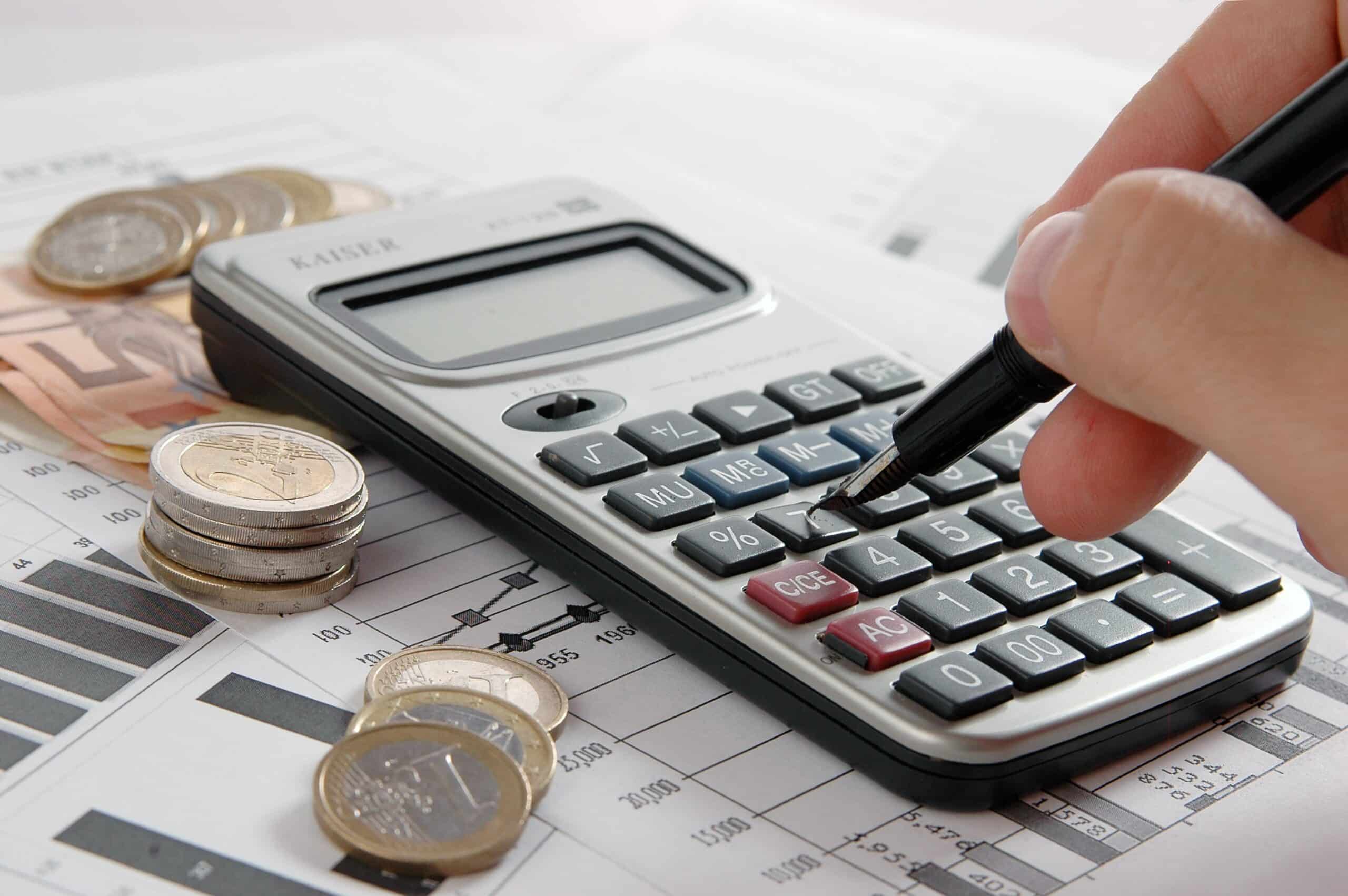It does not matter what type of business you run, whether it is a large company or a small one, having an energy budget is important. This is especially true in a day and age where there is mounting pressure on companies to reduce their carbon footprint.
Article at a glance
- Energy budget development helps manage costs and forecast expenditures.
- Key components include market studies, consumption analysis, and utility bill audits.
- Factors like contract expirations and utility rate increases must be considered.
- Energy consultants can identify cost-saving opportunities and tax incentives.
With that being said, in this article, we are going to outline what you need to know about energy budgets for business including what goes into an energy budget, how to develop a reliable budget and more.
What Is Energy Budget Development?
Energy costs can represent a significant portion of a business’s operating expenses. As with all major expenses, a budget should be developed in order to improve efficiency and help forecast and manage expenditures.
Effective energy budget development involves looking at the bigger picture and taking into account the variables that could have an impact on how you buy energy and use energy. Some of these variables include changes within your business operations, an increase in service rates, and market volatility. If you don’t have an energy budget in place, it can be easy to overspend.
Why Your Business Needs An Energy Budget
The main reason for having an energy budget is to help you save money. Energy represents a huge expense for businesses today, especially for those that are machine-intensive. The trouble is that there are many factors that can influence the price of energy. Energy prices change all of the time, so if you do not manage energy expenses with a budget, you could find yourself in a difficult financial situation.
Also, note that over 80 percent of all energy budgets are not properly implemented so they don’t support business owners as they should. You may need to consider hiring an industry expert to ensure that your energy budget has been properly crafted, all variables and charges are accounted for, and the plan is actually implemented.
How To Develop A Reliable Energy Budget
There are four key components involved in developing an energy budget. They are:
- Energy Market Study
- Energy Consumption Analysis
- Utility Bill Audit
- Energy Budget Development
The first step is to conduct an energy market study. This step involves taking a look at the energy market for your area. From costs to significant changes in the local area, all of these factors should be taken into account so that a full picture of the market you are operating within is understood.
Once this has been done, it is all about understanding how energy is used in your business and how much you spend on energy. This involves analyzing your current consumption of energy, as well as auditing your utility bill. During this process, there are a few questions you should be asking yourself. Questions like are you operating in the most energy-efficient manner? Where could improvements be made? How much energy is being wasted? What processes are the most energy-intensive?
After this, you’ll need to do an audit of your utility bill. This is done so that you understand what you are paying for. Are you paying more than you should be? What are you being charged for? How is your final bill broken down?
Once this information is attained, you can start developing an energy budget for your business. You will be armed with all of the information you need to budget your expenses effectively, as well as taking any necessary steps to cut back.
Additional Read: The Importance Of Utility And Energy Bill Audits For Businesses
What Goes Into Creating An Energy Budget?
When putting together an energy budget, one of the biggest mistakes that a lot of companies make is overlooking some of the charges that they are subject to. In order to create an effective budget, you’ll need to make sure that all of the following are included in your budget:
- Facility and operational charges. Any changes that are planned (such as new site construction, increased production, and reduced hours) will have an impact on the amount of energy you use and should be incorporated into your budget.
- Contract expirations. The vast majority of energy contracts today are not synchronized with your fiscal year. You need to bear this in mind when calculating your energy budget because this means your energy expenses are likely to fluctuate throughout the year.
- Cleantech and renewable energy. When developing your budget, you need to consider the various incentives that could be available to you regarding the use of renewable energy. For example, these could include tax credits and renewable energy credits. Take advantage of these programs so that you can lower your energy expenditure.
- Each energy meter/account. It is also important to evaluate every energy meter and account individually. Smaller accounts will typically have a different cost structure than larger accounts and that is why they should be considered independently of your larger accounts. If this does not happen, it can lead to problems in terms of accuracy or your budget.
- Your utility rate class. Your rate class is going to determine what utility rate is added to your energy bill per month. Therefore, you cannot put together an effective energy budget if you do not know your rate class. This will typically be based on your usage profile.
- Utility rate increases. Utilities must file for rate increases. However, what is approved can often be very different from what was requested in the first place. When calculating your costs for the following year, you need to make sure you stay in-the-know regarding utility rate increases.
- Energy taxes. You also need to ensure that you add in any future energy tax expenses as well as tax exemptions. Anything that is applicable to your business should be included in your energy budget.
- Non-commodity expenses. And finally, we have non-commodity costs. After all, when you receive an energy invoice, it is not only going to feature charges for the actual commodity. There are other items that you will be invoiced for, including capacity line and transportation items. These can impact your budget and so it is important that they are considered.
How An Energy Consultant Can Help
When it comes to creating an effective energy budget, it certainly helps to use the assistance of an experienced energy consultant. Energy consultants have all of the experience needed to effectively carry out audits and provide you with a consumption analysis of your business.
A professional consultant will be able to quickly recognize areas where you can reduce energy and help you cut costs. They will work with you to understand the needs of your business to ensure you are operating efficiently. And they will be able to alert you on tax breaks and credits that you may not have been aware of.
Additional Read: Why Hiring An Energy Consultant Could Save You Money In The Long Run
Liebovich Steel And Aluminum Energy Cost Savings
To give you an understanding of the value of an energy consultant, let’s take a look at a case study of Liebovich Steel and Aluminum.
Because of market and weather volatility, the metal product manufacturer underwent dramatic swings in their electricity costs. In over an 18 month time period, they had not received solid direction from their energy supplier. So they hired Navigate Power to conduct a full review of the company’s energy history and service agreements.
In the end, Navigate Power helped Liebovich capitalize on both long-term and immediate savings by executing a 36-month multi-hedged fixed-rate electricity contract. They also helped the company secure a 16-month fixed-rate natural gas agreement, which is significant because natural gas is a major output for the processes used. These arrangements helped to significantly reduce their current costs and saved them money in the long haul.
No matter what kind of business you have, consider working with an energy consultant to ensure that you are using energy as efficiently as possible while helping you reduce costs.
At Navigate Power, our team of experts will work with you to analyze the current state of your business, create an energy budget, and execute a plan to significantly improve the overall operations of your business. Contact us today for more information.
About Navigate Power
Navigate Power is a leading electricity and natural gas consulting firm, headquartered in Chicago, IL. Ranked no. 550 on the 2017 and no. 856 on the 2018 Inc. 5000 list as one of the fastest-growing companies in the nation, Navigate Power continues to expand into new markets nationwide and currently manages over 30,000 commercial energy accounts and over one billion dollars in energy budgets.



